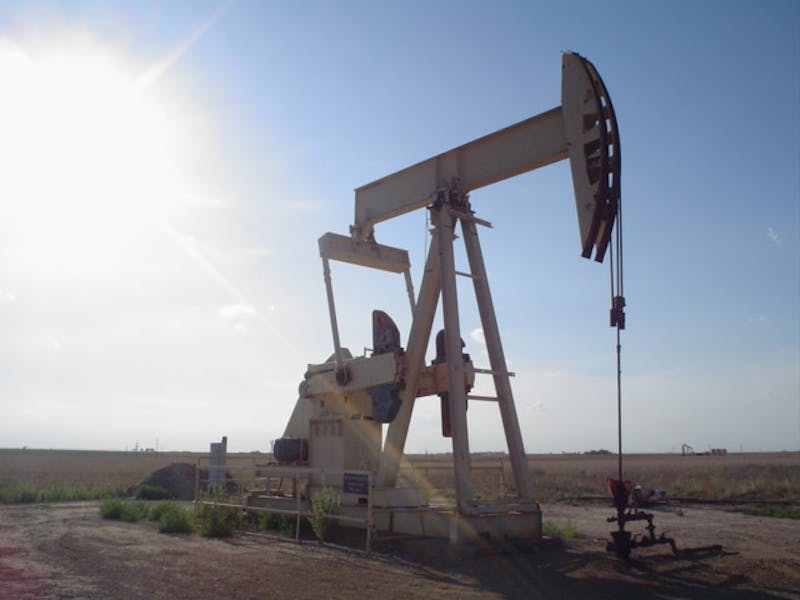The past few years have seen a growing Middle Eastern/Arabic community in Europe. In the past few months alone, hundreds of thousands of these people have been crossing European borders in record numbers.
They are a people displaced. The majority of them are Syrian, Iranian or Libyan. Many have lost their homes because of civil war or ISIS (Islamic State of Iraq and the Levant) attacks. Their journey, from the Middle East to Europe, is thousands of miles long and large masses of people can be seen taking the route with women and children.
Many have nothing left in the Middle East and are simply seeking safety and a place to live away from war. Some do not survive the trek. A viral photo of a young Syrian boy lying dead on the shores of Turkey shows the desperation and despair of these people. These people are willing to risk life and limb to find a better life.
There is no question in my mind that from a moral and humanitarian standpoint, aid must be given and it must be given effectively. The conditions these refugees live in are squalid, for the most part, and the United Nations and any other aid collectives should be doing plenty of work to deliver necessities to them. This is in no way a smooth process, but the effort must be put in to save thousands of lives.
However, issues arise concerning where these people will go and how long they intend to stay in Europe. The crisis has been termed a “migrant” crisis, and a migrant is a person who moves to another place, usually permanently. These people come as refugees, but are they technically migrants?
Syria has been at war for years. ISIS is running amok across the Middle East. Relations among Arabic nations seem to have little chance of improving in the coming years. Once these refugees are in Europe for a while, many will most likely want to stay. Many already have no intention of returning to the war-torn Middle East. Certain European Union nations, such as Germany and France, are taking in great numbers of refugees with the intention of integrating them into society.
If they can be integrated into European society, then perhaps this is not as large an issue as I am thinking it is. However, if one looks at the history of Arabic integration in Europe, it is not pretty. Racial tension and violence are common occurrences. Something tells me thousands of refugees will not be integrated quickly and efficiently.
Some even view this crisis as the fall of Europe and Western civilization, as if this migration is some sort of soft take-over of Europe by Arab peoples.
It is much too early to say this, in my opinion, but I understand why many European countries are very hesitant to take in refugees.
As a human being, I cannot help but feel sorry for these refugees. They have experienced so much grief and pain in getting to Europe, leaving behind whatever they have, which usually is not that much. They deserve aid. But if this is truly a crisis, then the process will not be smooth. Years from now, if more refugees keep pouring into Europe, it could greatly upset global politics.
Integration is not impossible, but it will not be easy to achieve, realistically. This situation just seems bleak no matter how one looks at it. Hopefully, as many lives as possible will be saved, and new beginnings can start for thousands, but my gut tells me major issues will continue. to arise from this migrant crisis.





The Slate welcomes thoughtful discussion on all of our stories, but please keep comments civil and on-topic. Read our full guidelines here.